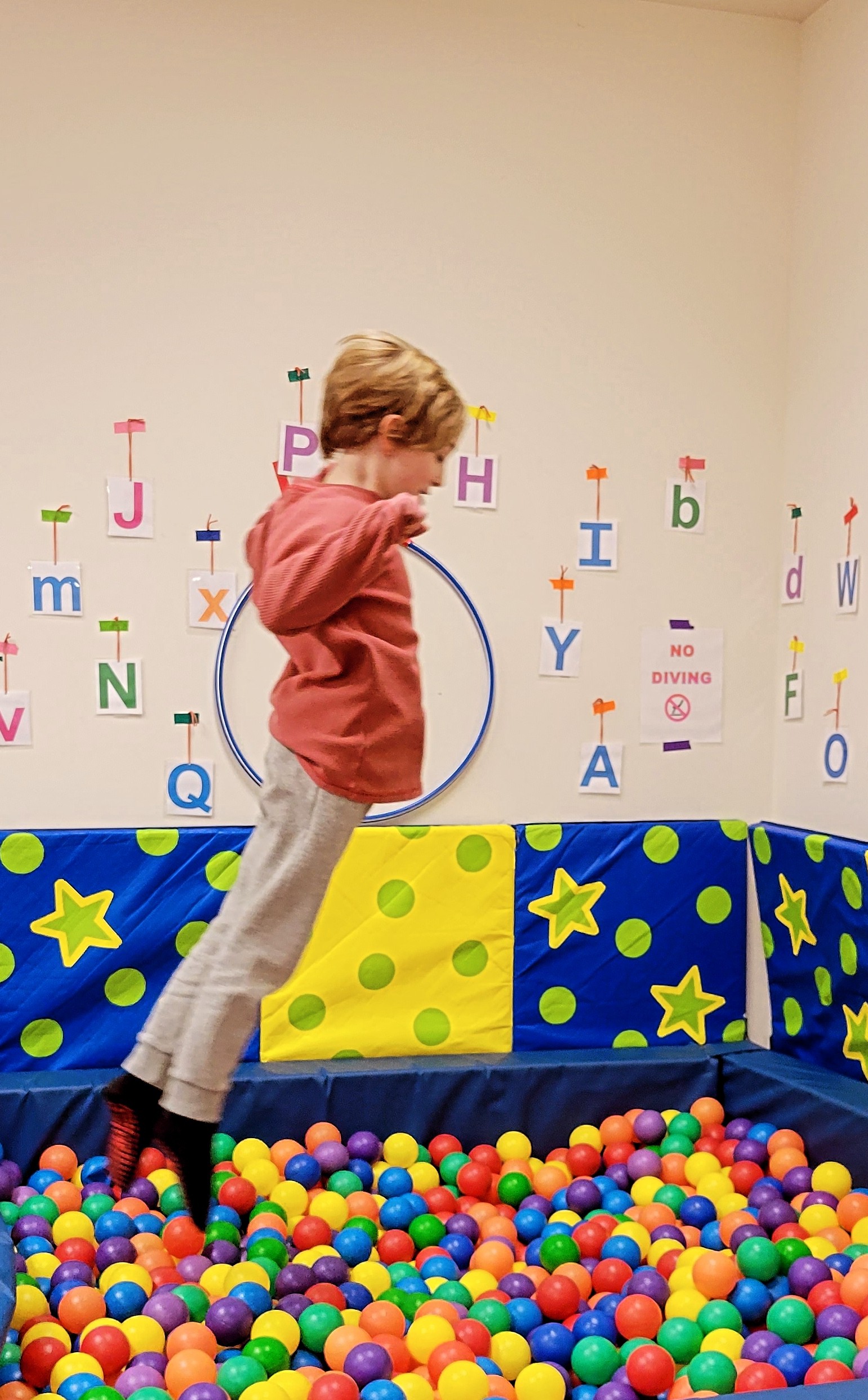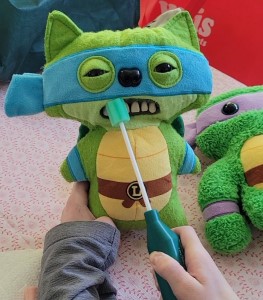
🎯 Therapeutic Use of Play for Dressing, Hygiene, and Toileting
By: Antonia Llull, MOT, OTR/L │ Founder │ Clinical and Program Director – MPOWERME
Every child deserves to feel capable and confident in their daily routines — from brushing teeth to getting dressed to using the toilet independently. But for many children, especially those with sensory processing differences, developmental delays, or motor coordination challenges, these tasks can feel overwhelming or even impossible.
At MPOWERME, we believe that self-care routines are more than checklists — they’re opportunities for connection, empowerment, and playful learning.
🧠 Why These Skills Matter
Dressing, grooming, toileting, and hygiene are essential life skills that support a child’s autonomy, self-esteem, and readiness for school and social life. Struggles in these areas can lead to frustration for both children and caregivers. They’re often layered with complex sensory, emotional, and motor demands.
Mastering these routines requires more than just repetition. It takes the right environment, the right approach, and often, the right kind of play.
🎲 What Is Therapeutic Play?
Therapeutic play is purposeful, child-centered activity that builds developmental skills while keeping learning engaging and emotionally safe. In occupational therapy, we use play to:
- Break down complex self-care routines into playful, manageable steps
- Build hand strength, balance, and motor coordination
- Increase sensory tolerance for touch, temperature, textures, and smells
- Support sequencing, attention, and follow-through
- Reduce anxiety and resistance by using themes that make the child feel in control
At MPOWERME, our therapists design individualized activities that match each child’s sensory and motor profile while weaving in their interests, creativity, and sense of fun.
👕 Getting Dressed: More Than Buttons and Zippers
Dressing requires a surprising amount of body awareness, fine motor skill, balance, and planning. For children who struggle with proprioception, motor planning, or tactile sensitivity, this task can trigger meltdowns or avoidance.
We use play to support:
- Bilateral coordination (e.g., playing dress-up dolls or animals)
- Finger dexterity (e.g., finger puppets, button boards, dressing puzzles, zip-up toys)
- Body awareness (e.g., obstacle courses that involve clothing changes)
- Sequencing (e.g., silly dress-up games with out-of-order prompts to practice reordering steps)
🪥 Hygiene and Grooming: Building Tolerance and Independence
From toothbrushing to hair washing, many hygiene tasks involve sensations that feel overwhelming to some children. Others may lack the motor planning to complete tasks or may struggle with routine consistency.
We incorporate strategies like:
- Using dolls or action figures for parallel play to model routines
- Providing visual schedules and song-based cues to increase predictability
- Playing “spa day” or “vet clinic” to role-play brushing, washing, and wiping
- Practicing with sensory-friendly alternatives first, then gradually working toward typical tools or environments
🚽 Toileting: A Sensitive Milestone
Toilet training is often one of the most emotional milestones for families and one of the most challenging for children with sensory differences or communication needs.
Our approach blends:
- Sensory supports (e.g., footrests, preferred wipes, noise-masking techniques)
- Body awareness play (e.g., movement games to support interoception like “Do I need to go?” charades)
- Role play and social stories tailored to the child’s developmental level
- Visual supports and consistency between home, school, and therapy
When toileting becomes part of a playful, respectful routine, many children make faster, more confident progress.
🤝 Partnering With Families
We know that self-care routines don’t happen in the clinic — they happen at home, in schools, and in real-life moments. That’s why we involve caregivers every step of the way.
You’ll leave our sessions with:
- Playful home strategies that match your child’s goals
- Tools to help reduce stress around daily routines
- A deeper understanding of how to scaffold independence over time
🌱 From Small Steps to Big Wins
Helping a child put on socks or brush their hair might seem small, but these are powerful acts of growth. They build identity, confidence, and the sense of “I can do it.”
At MPOWERME, we don’t rush the process. We meet each child where they are — and build from there with joy, compassion, and expertise.
🔜 What’s Next in This Series
In upcoming articles, we’ll explore related topics such as:
- Sensory-Friendly Toothbrushing Routines
- Toileting Strategies for Children With Communication Challenges
- Dressing Tips for Kids With Tactile Defensiveness
- Creating Morning Routines That Actually Work
Let’s keep growing together — because independence starts with understanding, patience, and a little playful creativity.


